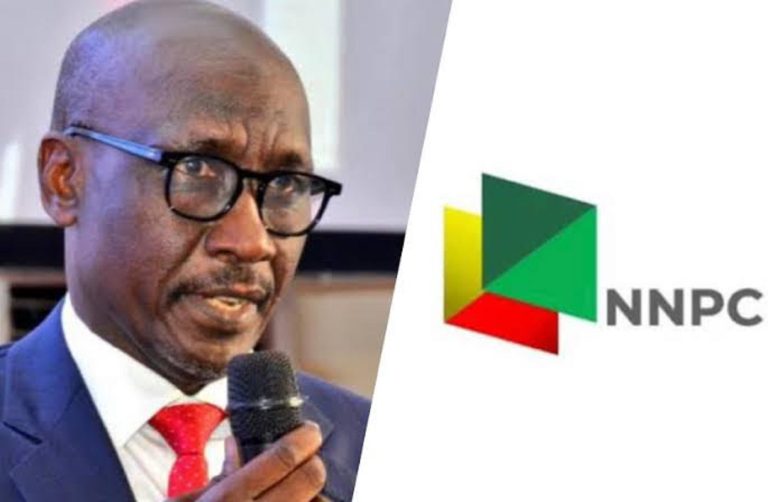NewsOnline Nigeria reports that the Nigerian National Petroleum Company Limited (NNPCL) has been accused of financial irregularities by the Auditor-General of the Federation, who claims that the company diverted ₦2.68 trillion and $9.77 million over the past four years.
These allegations come amid widespread criticism of the company’s financial practices, which have negatively impacted Nigeria’s financial standing.
An analysis of the Auditor-General’s annual reports from 2017 to 2021, as reviewed by Sunday PUNCH, revealed significant financial infractions.
In 2017, ₦1.33 trillion was reportedly diverted, followed by ₦681.02 billion in 2019, ₦151.12 billion (and $19.77 million) in 2020, and ₦514 billion in 2021. These infractions reportedly violated provisions of Nigeria’s Constitution and the 2009 Act of Financial Regulations.
The reports, submitted to the National Assembly, accuse the NNPCL of disregarding good corporate governance by failing to provide justification or responses to the Auditor-General’s findings within the review period.
Financial Infractions Highlighted
The NNPCL has faced criticism from organizations like the World Bank, which described it as lacking transparency in financial dealings.
The bank’s Nigeria Development Update for December 2023 noted that the company’s opaqueness extends to subsidy arrears and the impact of subsidy removal on national revenues.
Former Central Bank Governor Sanusi Lamido also criticized the NNPCL, calling it “the most opaque oil company in the world.”
The audit uncovered 14 financial infractions, including unauthorized deductions of ₦1.33 trillion from the federation account, discrepancies in transfers worth ₦663 billion, incomplete information on crude oil allocations, and failure to report crude oil losses. A breakdown of these issues year by year follows:
2017
The NNPCL deducted ₦1.33 trillion from a revenue of ₦2.41 trillion without authorization, leaving only ₦1.07 trillion in the federation account.
This violated Section 162 (1) of the 1999 Constitution, which mandates that all federal revenue be paid into a special Federation Account.
2019
In 2019, the Auditor-General identified seven major financial irregularities totaling ₦681.02 billion. The NNPCL reportedly remitted ₦519.92 billion out of ₦1.27 trillion accrued through the National Petroleum Investment Management Services.
Other issues included discrepancies in crude oil allocation data and deductions of $1.278 billion from joint venture royalties without justification.
2020
The Auditor-General flagged ₦151.12 billion in unauthorized deductions during the 2020 financial year. The deductions, allegedly for priority projects and handling costs, lacked evidence of approval or project details.
2021
A review of NNPCL’s SAP payment records revealed that ₦343.64 billion was deducted as operational costs from crude oil sales, with no breakdown provided.
Additionally, ₦50 billion meant for the federation account was reportedly unremitted. Deductions of ₦82.95 billion for refinery rehabilitation were also made without authorization.
Other anomalies included the misreporting of ₦3.75 billion from petrol sales and the diversion of ₦83.66 billion in miscellaneous income into a sinking fund account instead of the federation account, forcing the government to resort to borrowing.
The Auditor-General’s findings highlight significant internal control weaknesses within the NNPCL, raising concerns over the company’s financial management and its implications for the Nigerian economy.

